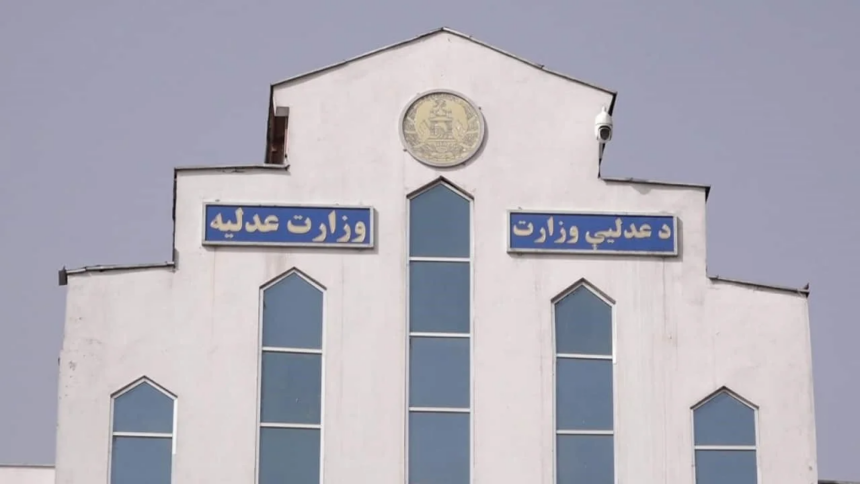RASC News Agency: The Taliban’s Ministry of Justice has declared that rental agreements written on plain “white paper” will no longer hold legal standing in Kabul. According to a statement released on Wednesday, September 10, the ministry claims that inspection teams have been dispatched to city districts to oversee the housing market. Property agents, it said, are now compelled to register all leases only through official offices and under state-imposed ceilings.
Under this decree, the Taliban’s so-called “Rent Control Committee” has barred landlords from increasing rents by more than 10 percent compared with the previous year. It further announced that any contract signed outside official offices is to be deemed legally void.
Yet, for Kabul’s residents, such proclamations are little more than hollow gestures. Many citizens dismiss the announcement as another “performative decree,” designed to project control rather than provide genuine relief. The reality on the ground tells a starkly different story. With thousands of forcibly returned migrants from Iran and Pakistan flooding into the city, demand for housing has surged. Simultaneously, years of halted construction, demolitions of properties, and arbitrary restrictions imposed by the Taliban have choked supply, driving rents to unprecedented levels. Finding even modest accommodation has become a punishing ordeal for ordinary families.
Tenants point out that the true crisis lies not in legislation but in the Taliban’s entrenched corruption. Residents accuse Taliban officials, from district municipal authorities to security commanders, of colluding with landlords and real estate brokers. For a price, these officials reportedly turn a blind eye to illegal contracts and inflated rents, shifting the entire burden of enforcement onto vulnerable tenants. “The rules exist only for those too poor to buy their way out of them,” a Kabul resident told RASC News, describing the system as little more than institutionalized extortion.
Observers stress that the Taliban’s rhetoric of “regulation” is nothing more than an illusion of governance. In practice, their decrees function as political theater, masking a system where power is enforced through bribes, intimidation, and selective application of rules. The Taliban’s obsession with controlling public morality and suppressing women’s freedoms has left them incapable—or unwilling—to address fundamental economic and social needs, such as ensuring shelter for the city’s swelling population.
Humanitarian experts warn that unless this cycle of corruption and impunity is broken, Kabul faces the risk of a full-blown housing catastrophe. Spiraling rents, coupled with collapsing incomes and mass unemployment, are already pushing families to the brink of homelessness. For many residents, survival now means crowding multiple households into single apartments or retreating to unfinished buildings without water, electricity, or heating.
The Taliban’s posturing on rent control underscores a broader truth: under their rule, the concept of “law” serves not as protection for citizens but as a tool to reinforce the dominance of the powerful. While Kabul families grapple with eviction, destitution, and despair, the regime busies itself with declarations that neither alleviate suffering nor curb exploitation.
For ordinary Kabulis, the housing decree is not a sign of stability but a cruel reminder that life under the Taliban is a daily struggle against both poverty and the arbitrariness of a regime that governs by decree but delivers nothing in return.






